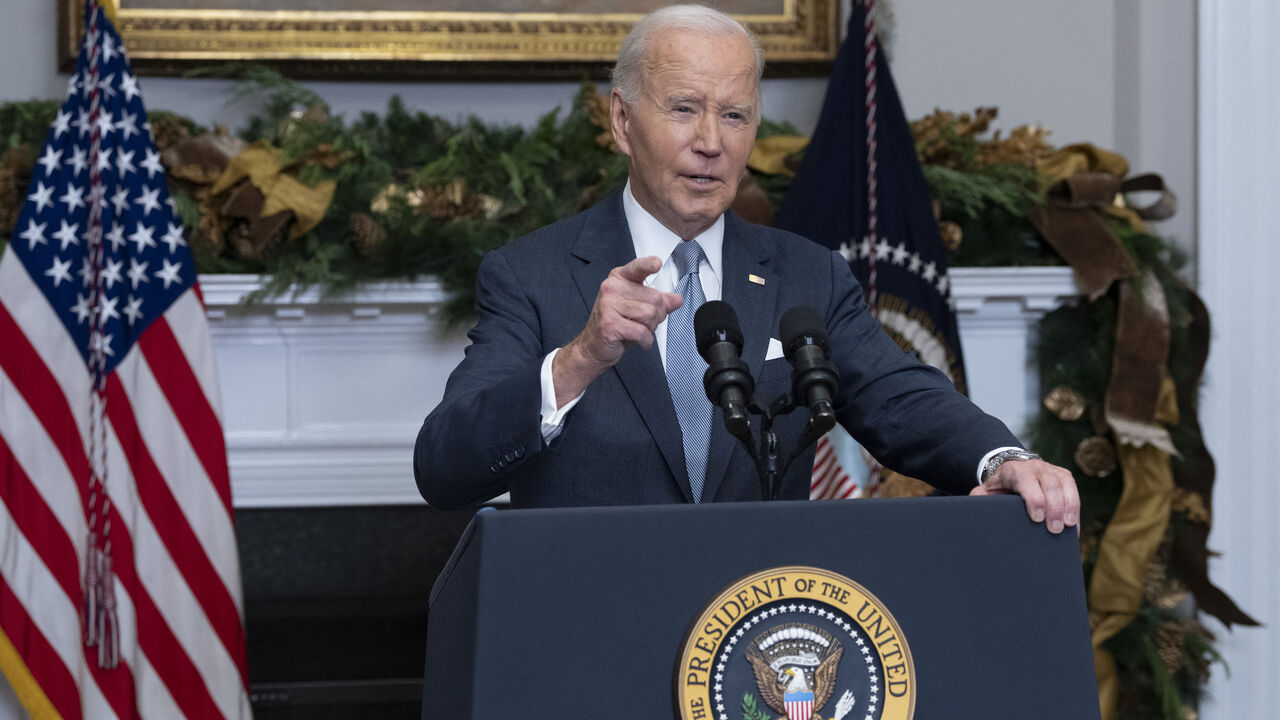
The United States will collaborate with allies and stakeholders in Syria to address the challenges and opportunities following the unexpected fall of President Bashar al-Assad, President Joe Biden stated on Sunday.
“This marks the end of the Assad regime,” Biden said, referring to the swift overthrow orchestrated by Syrian rebel forces in under a week. The dramatic developments have reshaped the dynamics in the Middle East, prompting reevaluations in Washington.
For the first time in years, Syria’s landscape is free from the dominant influence of Assad’s primary backers—Iran, Hezbollah, and Russia—all of whom saw their support crumble. Biden attributed this decline to their weakened positions during his tenure.
While the U.S. recognizes Syria’s precarious position, Biden emphasized a cautious approach. “The future will be determined by Syrians. The U.S. will assist partners in mitigating risks and seizing this pivotal opportunity,” he said. However, the administration made it clear that it does not intend to impose a detailed roadmap for Syria’s future.
Discussions are ongoing regarding the security of Syria’s chemical weapons stockpiles. While U.S. troops will not be deployed for this task, approximately 900 American personnel are expected to remain in eastern Syria to counter ISIS threats.
Biden highlighted recent precision strikes against ISIS operatives within Syria, affirming U.S. commitment to preventing the group’s resurgence.
Meanwhile, Assad and his family are reportedly in Moscow under asylum granted by Russia. The Kremlin has negotiated guarantees for the safety of its military bases in Syria.
As the U.S. and its partners observe developments—including cautious optimism regarding the HTS rebel group that ousted Assad—the region enters an uncertain yet potentially transformative chapter.
